Living without plastic? Step-by-step to the “zero waste” ideal
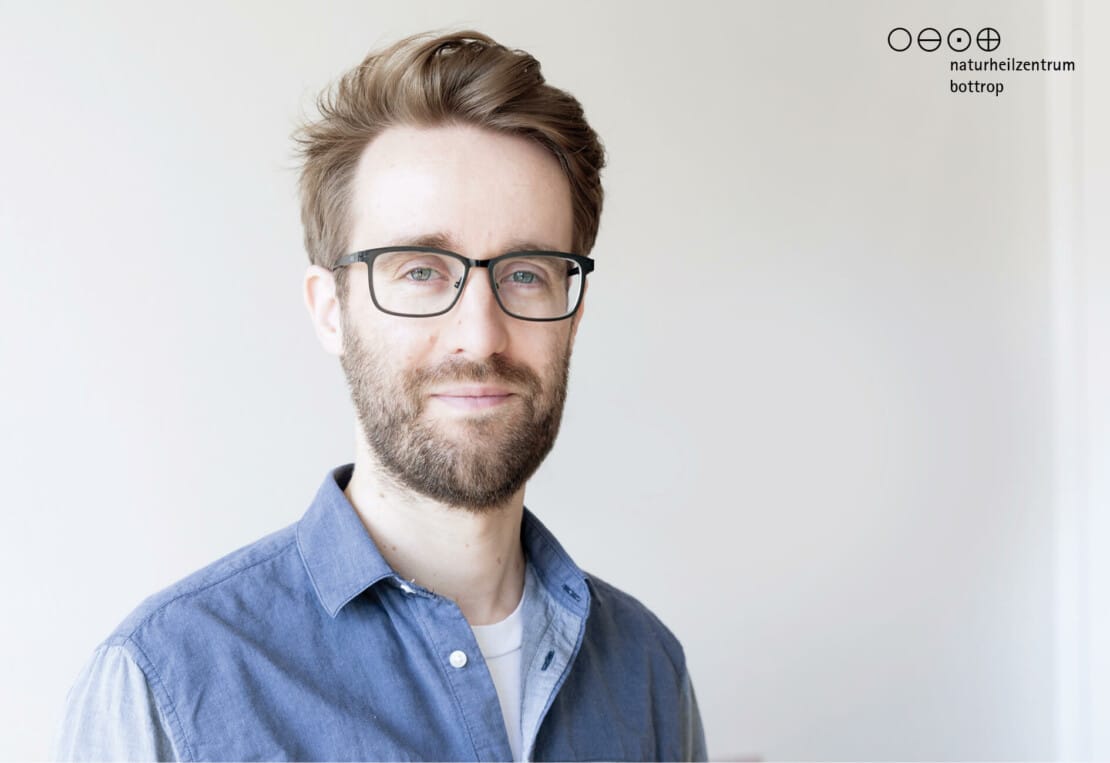
Greater awareness of alternatives and doing without
Hi from Cologne. My name is Tobias Battenberg and I am a self-employed communication designer and web developer. For my work I need to cultivate a flair for shapes and colours; not just an eye for detail, but also for the bigger picture.
For me, this naturally and self-evidently also includes the ecological aspect. Because good design should always reflect a message – such as operating a business sustainably.
For me, it’s not just about pretending to be sustainable with a few fancy logos, but about being truly authentic. Unfortunately, many companies flag up this topic, but in reality do little about it.
Sustainable living also includes, amongst other things, using materials primarily from renewable sources or reducing unnecessary waste as much as possible – as Naturheilzentrum Bottrop has been doing for a long time.
A buzzword that I frequently come across is “zero waste”, which means avoiding rubbish wherever possible. Some even go so far as to live without any plastic at all. So I asked myself: How feasible is this and what would it mean specifically for our daily lives?
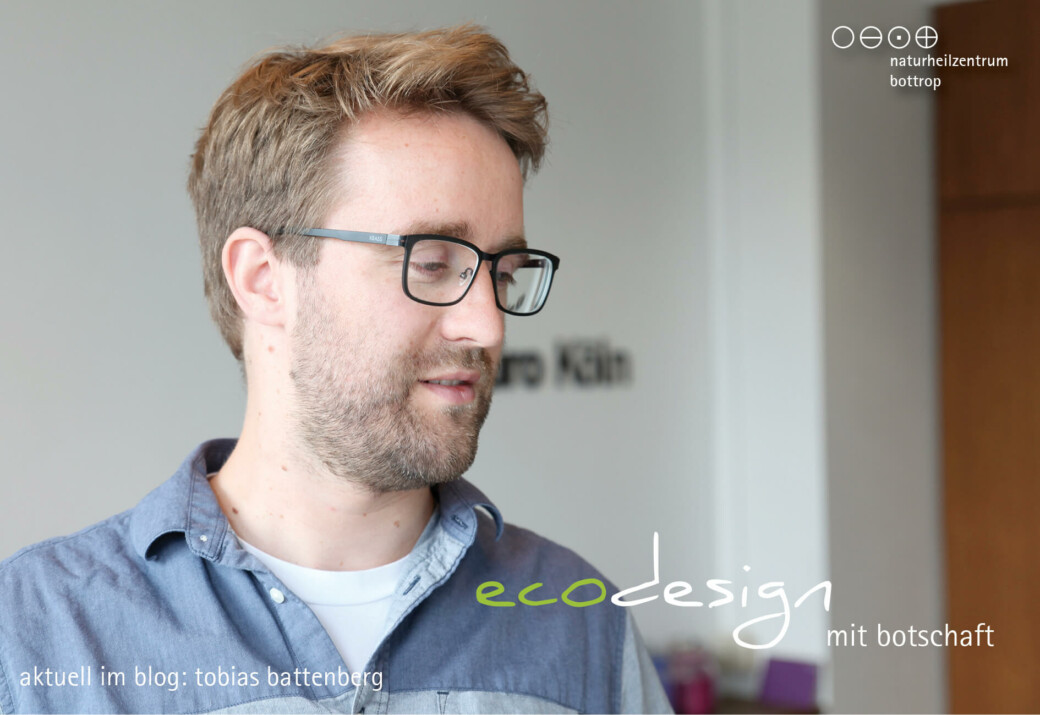
Zero waste & living without plastic – an idea in vogue
Zero waste and living without plastic are not the same thing. The idea behind zero waste is to avoid all waste as much as possible, not just plastic. But plastic waste is often the main focus of attention.
After all, plastic is largely made from oil, which is not only finite, but also brings with it other problems such as causing more CO2 in the atmosphere.
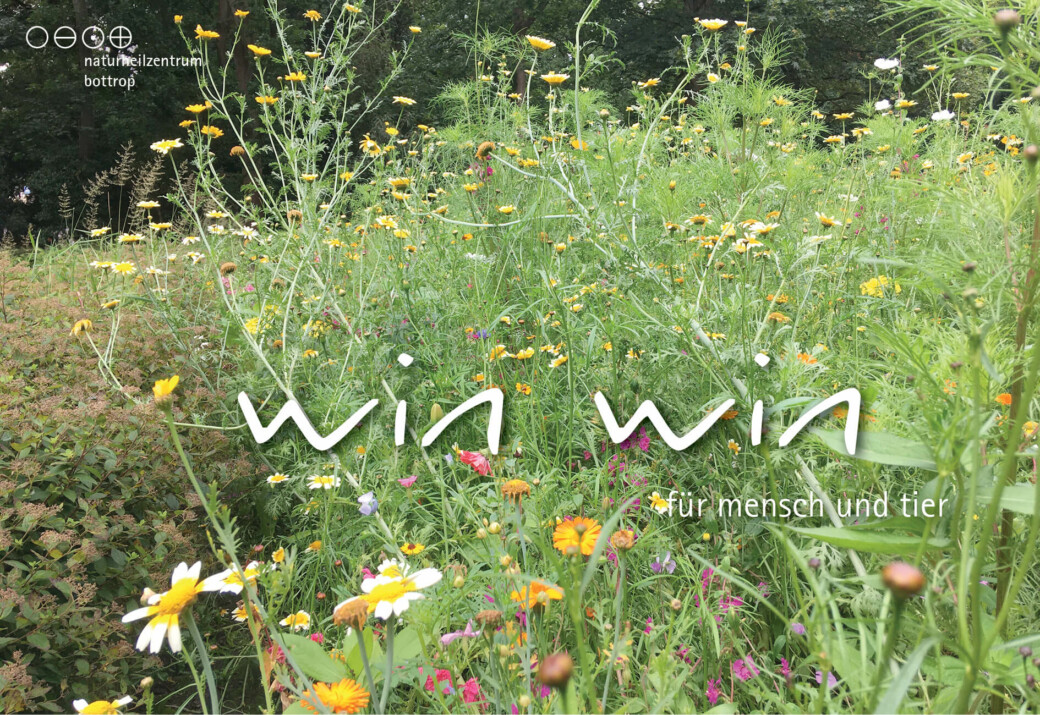
Behind the movement is above all the idea of burdening our planet as little as possible. That is to say, using as few resources as possible. Or, to use modern parlance: To leave the smallest possible ecological footprint.
There is growing awareness of these issues among the population, as is shown inter alia by a study conducted by the Zurich Group. No less than one third of the respondents said they were concerned with the issue of sustainability.
Unfortunately, however, the study also shows that many People do not actually put very much into practice – especially when this is strenuous or would mean doing without. How much sacrifice is ultimately necessary for zero waste and living without plastic?
Zero waste & living without plastic: How much does living without waste really demand of us?
Let’s face it: I don’t think it’s realistically possible for our society to go completely without waste. This is one problem I have with the zero waste concept. The name stands for an idealised concept. In practice, this often leads to many otherwise interested People being put off.
I think it is much more practical to think about realistically feasible waste avoidance that stands in a reasonable relation to the effort required. One hundred percent waste avoidance would require an almost infinite amount of effort. With zero effort, you wouldn’t avoid any waste – that goes without saying.
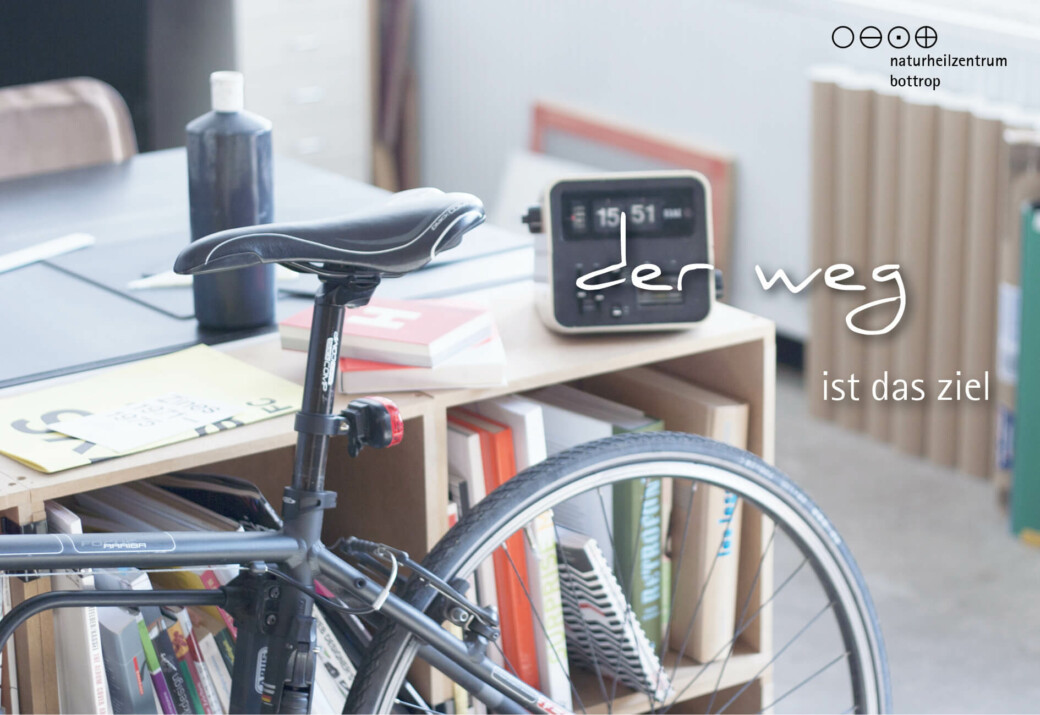
The truth – or in this case the realistic goals – lie somewhere in between. I am firmly convinced, however, that even a little effort can make a big difference. Let us give it some thought: Even things like not using disposable bags or throwaway items will make a very measurable difference, but this asks very little of us.
If you also reduce packaging waste, for example by buying food at the weekly market or in shops where goods are sold unpackaged, you are asking a bit more of yourself, but you are saving even more resources and in the end you don’t really have to do without. After all, there are alternatives.
I think living completely without plastic is a very ambitious goal. There are now alternatives in the interim, but they are often more expensive and/or more difficult to find. And they are not affordable for everyone. But I don’t think we have to go that far to meaningfully reduce our ecological footprint.
Simply being more aware of the issues opens up solutions
If we all as individuals simply think more often about our day-to-day behaviour, this will have a lasting effect – I am convinced of that. Zero waste in the literal sense is probably not realistic for most People, but we can still bring our activities more closely into line with ideal and make a difference – even with small changes in behaviour.
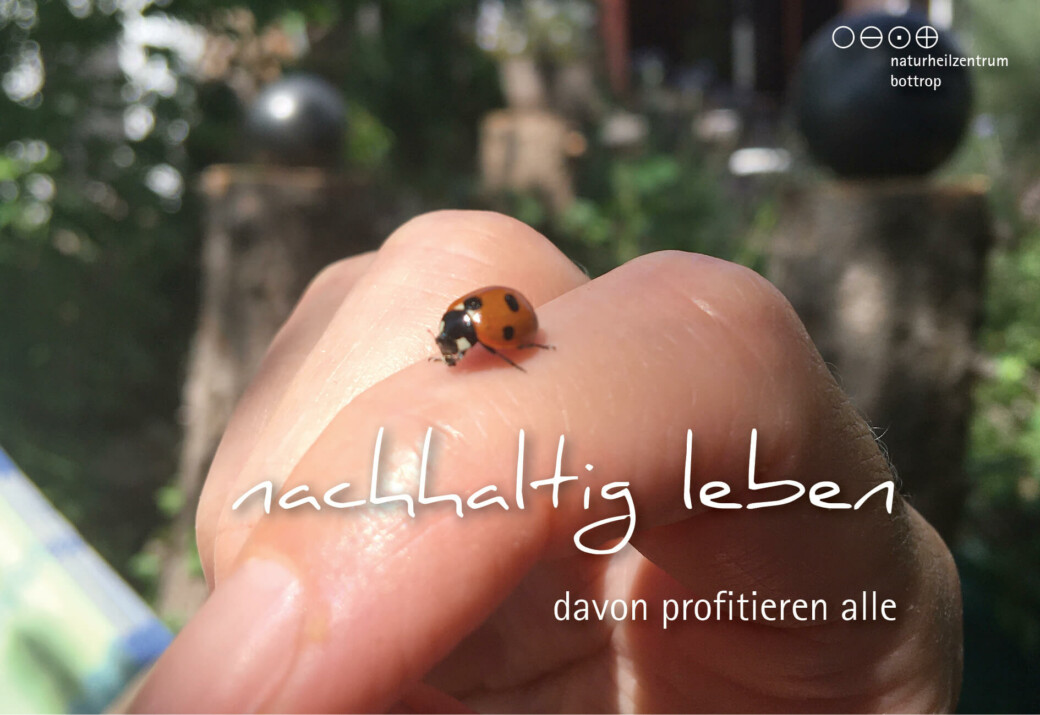
Ultimately we all benefit. And this can even be beneficial for our health. Have you heard that researchers are now able to detect microplastic in a great many foods, and that we still don’t know what effects this has on us? Or that even substances in till receipts can have hormonal effects?
Sustainable living benefits us all, right now, today. So I would like to encourage you all to maybe just think about it a little bit more. Many of the measures are also beneficial for climate protection – a clear win-win situation.
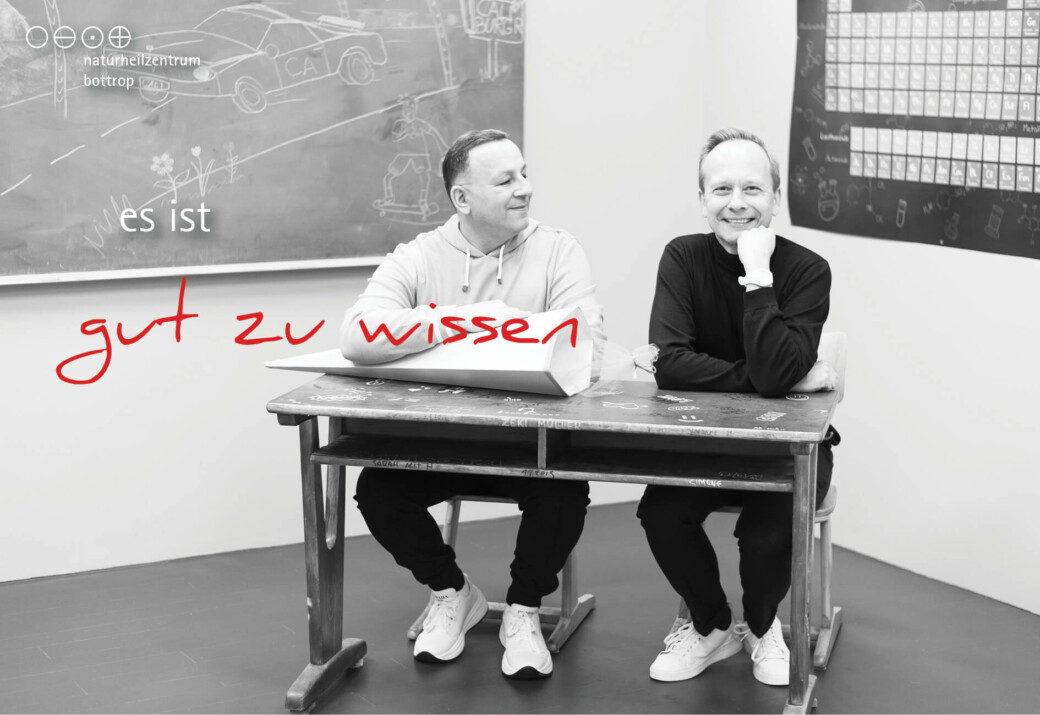 The health and lifestyle experts from Naturheilzentrum Bottrop, Farid Zitoun and Christian Rüger, will be happy to advise you about what measures you can take.
The health and lifestyle experts from Naturheilzentrum Bottrop, Farid Zitoun and Christian Rüger, will be happy to advise you about what measures you can take.
But now I would also like to know your opinion on the subject. Have you ever thought about zero waste? Would that be an option for you? Or what do you do in your everyday lives to avoid waste? I look forward to reading your opinions in the comments!
Best regards
Tobias Battenberg

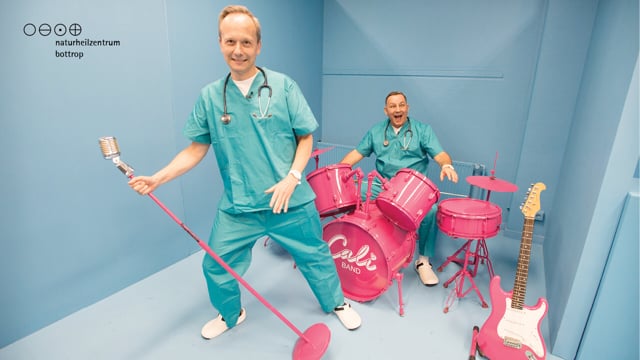
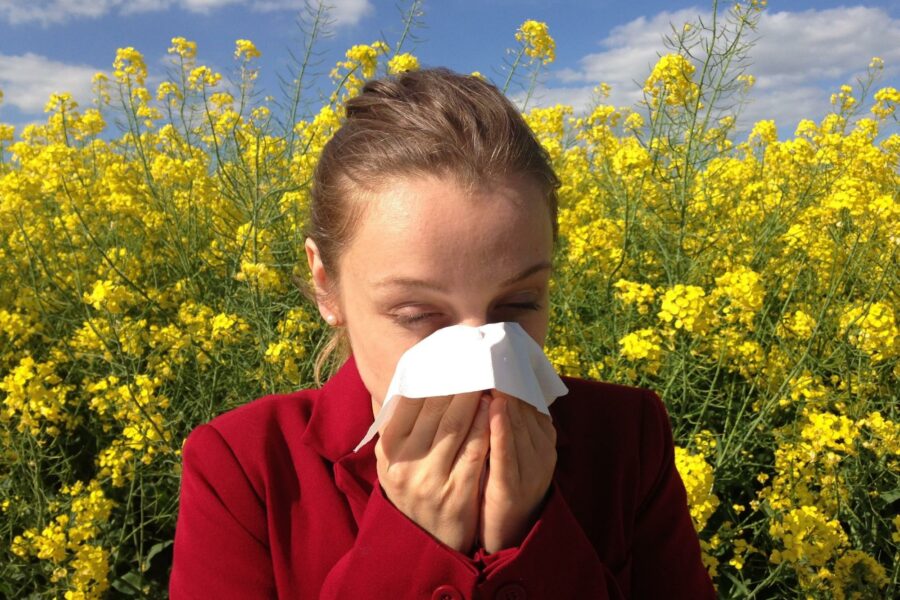
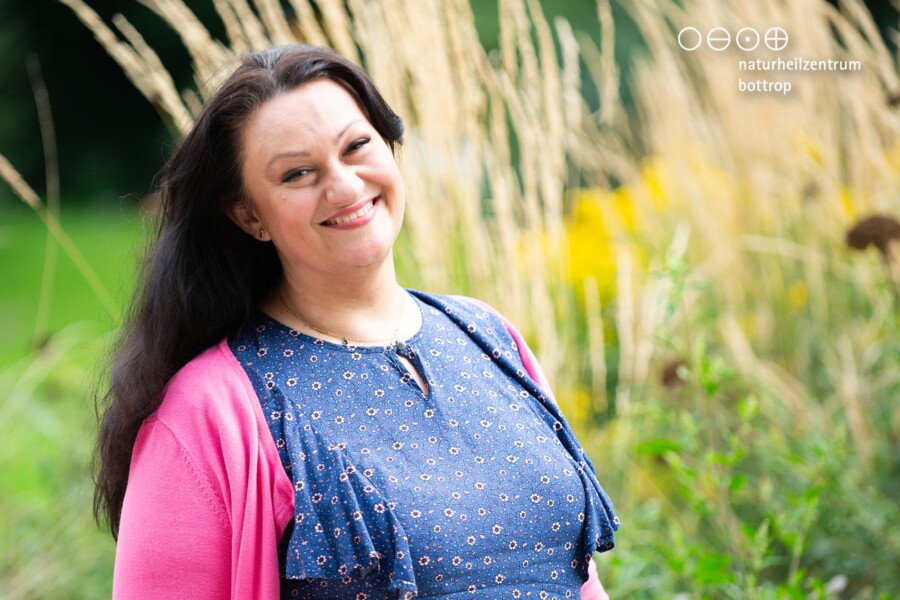
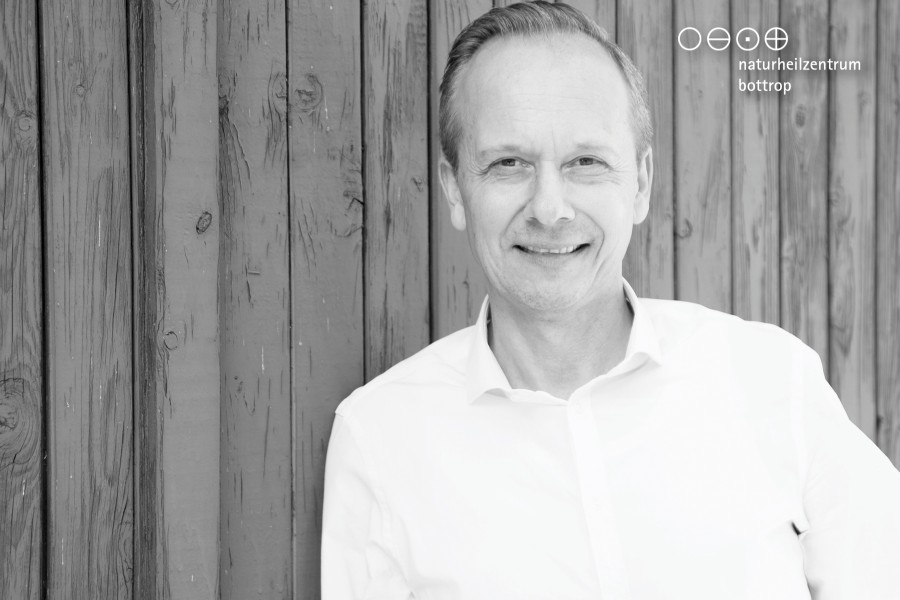



Netiquette for respectful communication
the nabo team invites you to exchange your experiences, contributions and opinions on the blog by using the comment function. this exchange should be free, open and friendly. please take care to write fairly and to stay on topic. even if you do not share the opinions expressed in others’ comments. the possibility to write comments on the blog posts is exclusively related to the topics treated within said posts. we would be glad to answer all of your specific questions related to therapies or descriptions of individual maladies or read your remarks about naturheilzentrum bottrop : simply come see us or call or write us Personally.